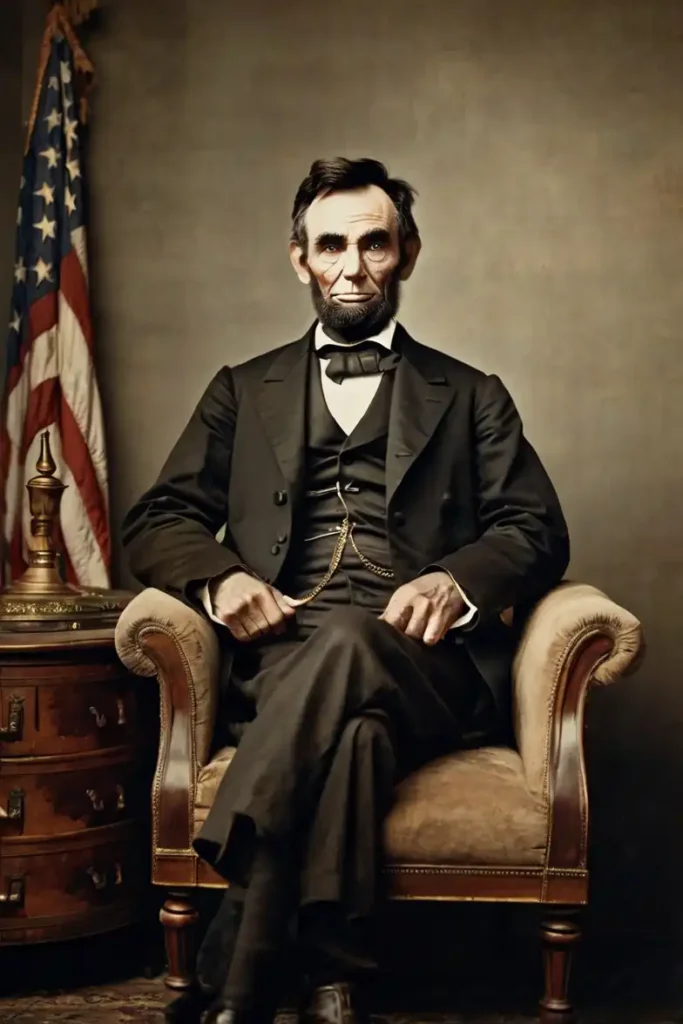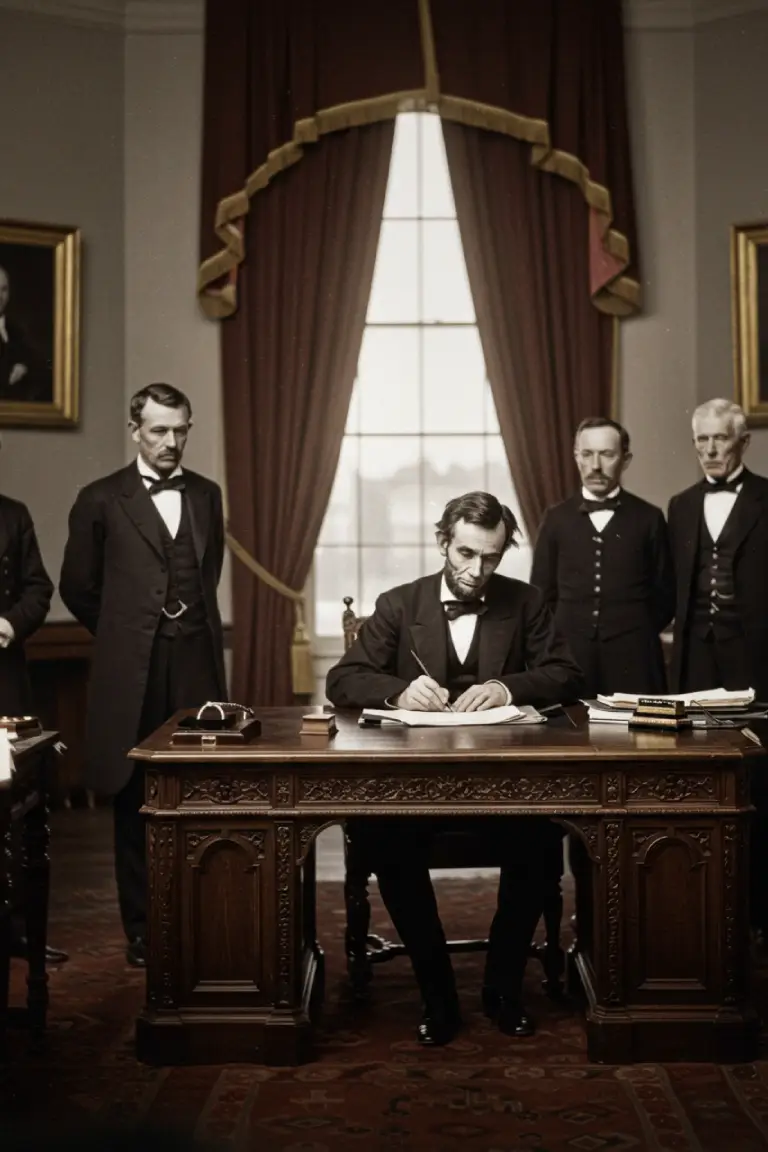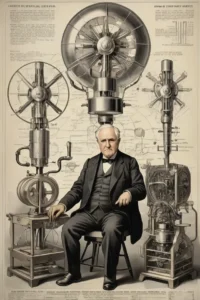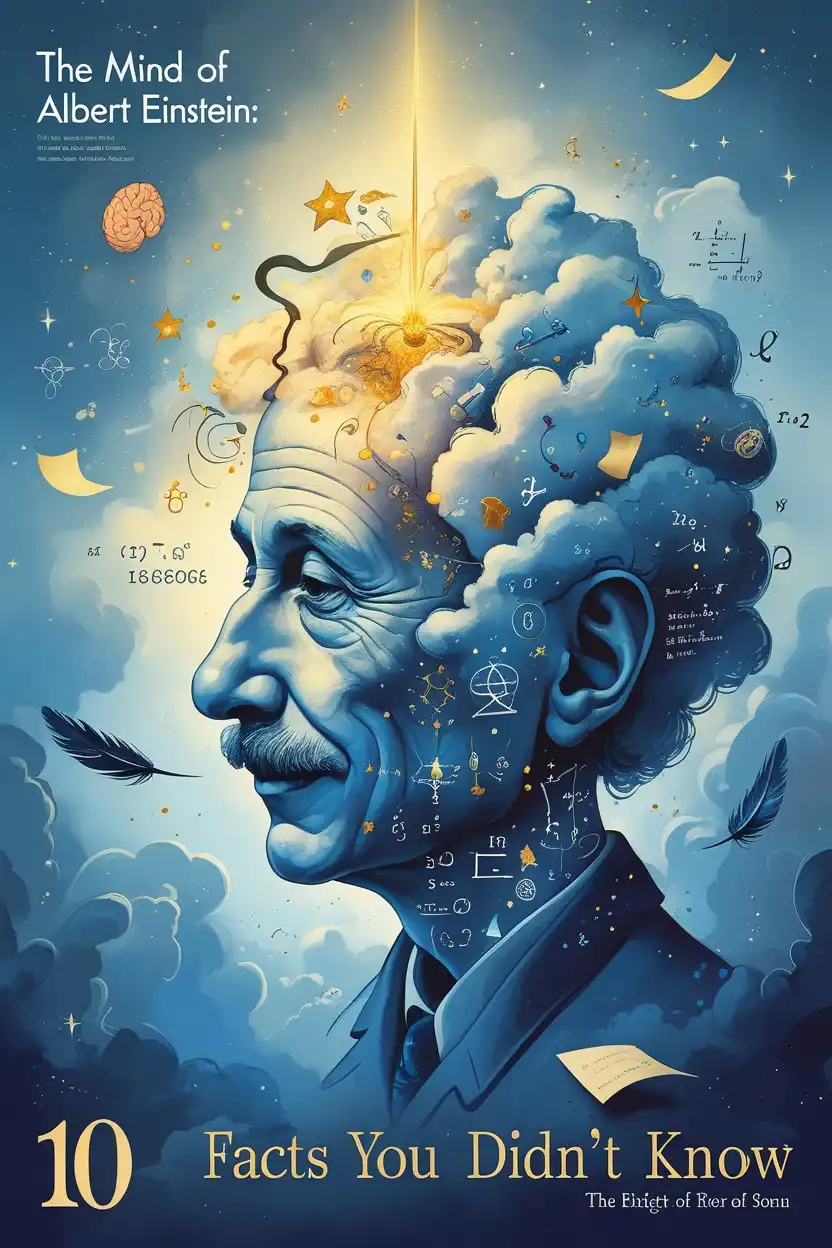The Emancipation Proclamation stands as one of the most pivotal documents in American history, marking a turning point in the fight against slavery and solidifying Abraham Lincoln’s legacy as a transformative leader. Issued during the height of the Civil War, this executive order not only redefined the purpose of the war but also laid the foundation for a new era of freedom and equality in the United States. Let’s delve deeper into why the Emancipation Proclamation is considered Lincoln’s defining moment and how it reshaped the nation.
The Context: A Nation Divided
By 1861, the United States was embroiled in a bloody Civil War, rooted in deep divisions over slavery. The Southern states, reliant on an economy built on enslaved labor, seceded to form the Confederacy, while the Northern states fought to preserve the Union. For Lincoln, the war initially aimed to reunify the country rather than to abolish slavery outright. However, as the conflict dragged on, it became increasingly clear that slavery was at the heart of the nation’s strife.
The Proclamation: A Bold Step Forward
On January 1, 1863, President Abraham Lincoln issued the Emancipation Proclamation, declaring that all enslaved people in Confederate-held territories were to be freed. This was a monumental step, even though it did not immediately free all enslaved individuals. The Proclamation strategically targeted areas in rebellion against the Union, leaving slavery untouched in border states loyal to the Union. Despite its limitations, it was a powerful statement of intent and a moral stand against an institution that had plagued America since its inception.
The Impact: Changing the Course of History
The Emancipation Proclamation achieved several critical objectives:
- Moral Clarity: It reframed the Civil War as not just a fight to preserve the Union but also a battle for human freedom. This shift galvanized abolitionists and strengthened the Union’s moral cause.
- International Ramifications: By taking a firm stance against slavery, Lincoln discouraged foreign powers like Britain and France—who had abolished slavery themselves—from supporting the Confederacy.
- Empowering African Americans: The Proclamation allowed African Americans to enlist in the Union Army and Navy, bolstering its forces with nearly 200,000 Black soldiers and sailors by the end of the war.
- Laying the Groundwork for Abolition: Though it did not abolish slavery nationwide, the Proclamation set the stage for the 13th Amendment, which permanently ended slavery in 1865.

Lincoln’s Leadership: A Defining Moment
The Emancipation Proclamation exemplified Lincoln’s leadership style—pragmatic yet principled. It demonstrated his ability to navigate political complexities while remaining committed to justice and equality. Critics initially accused him of overstepping his authority, but history has vindicated his actions as necessary and transformative. This bold move not only preserved the Union but also redefined its values, ensuring that liberty and justice for all became central to America’s identity.
FAQs
1. Did the Emancipation Proclamation free all enslaved people?
No, it applied only to enslaved individuals in Confederate-held territories. Slavery remained legal in border states loyal to the Union until the passage of the 13th Amendment in 1865.
2. Why is the Emancipation Proclamation considered a turning point in American history?
It redefined the Civil War’s purpose, strengthened the Union’s moral cause, discouraged foreign intervention, and laid the groundwork for abolishing slavery nationwide.
3. How did African Americans contribute to the Union war effort after the Proclamation?
The Emancipation Proclamation allowed African Americans to enlist in the Union Army and Navy. Nearly 200,000 Black soldiers and sailors served, significantly contributing to Union victories.
4. Was Lincoln always an abolitionist?
Lincoln’s views on slavery evolved over time. While he personally opposed slavery, his initial goal as president was to preserve the Union. The Emancipation Proclamation marked his transition toward a stronger commitment to abolition.
5. What was the reaction to the Emancipation Proclamation at the time?
Reactions were mixed. Abolitionists celebrated it as a significant step toward ending slavery, while many in the South viewed it as an attack on their way of life. Some Northern Democrats criticized it as overreach, fearing it would prolong the war.
Conclusion
The Emancipation Proclamation was more than just an executive order; it was a defining moment in American history that cemented Abraham Lincoln’s legacy as a champion of freedom and equality. By taking this bold step, Lincoln not only altered the trajectory of the Civil War but also set America on a path toward justice and inclusion. Though challenges remained, this landmark decision proved that true leadership requires both courage and conviction—a lesson that continues to resonate today.





